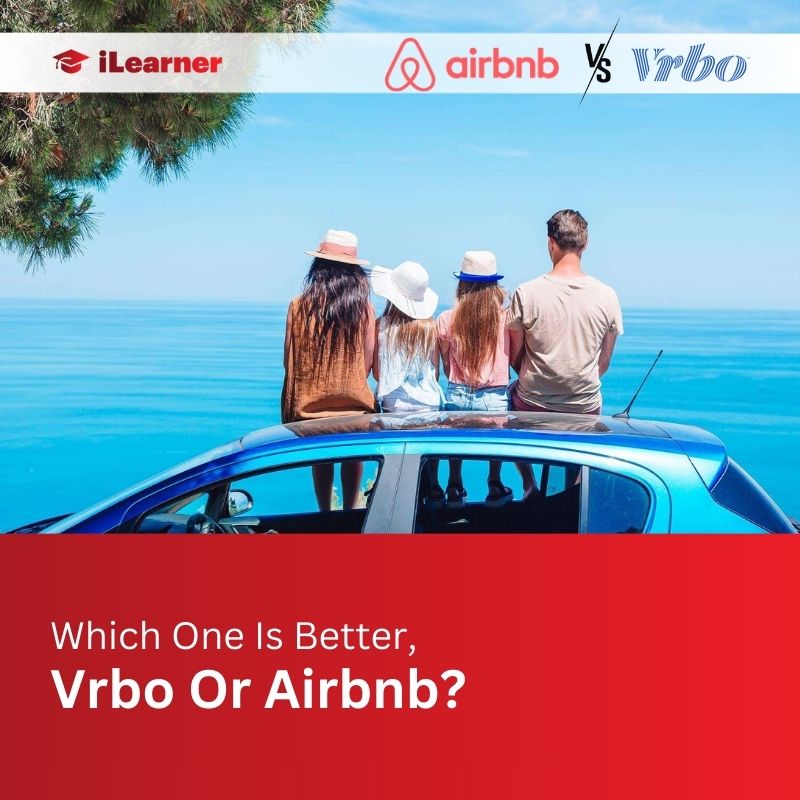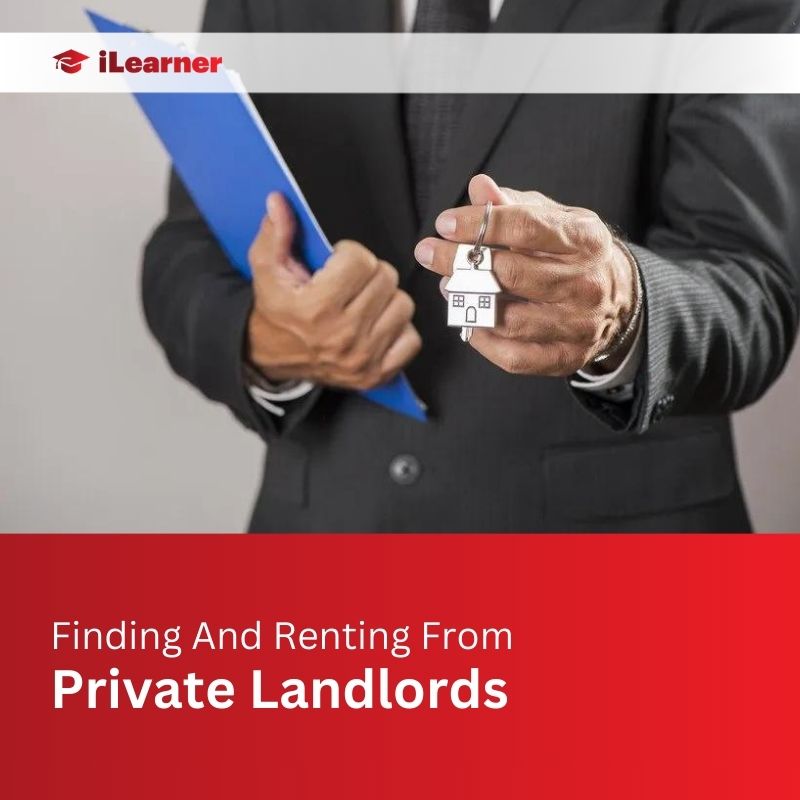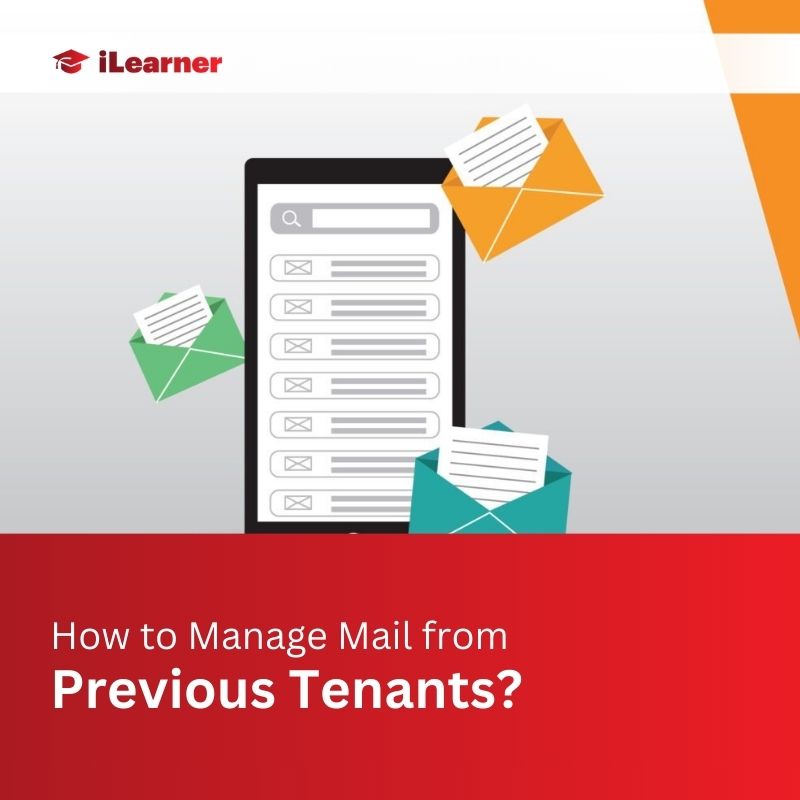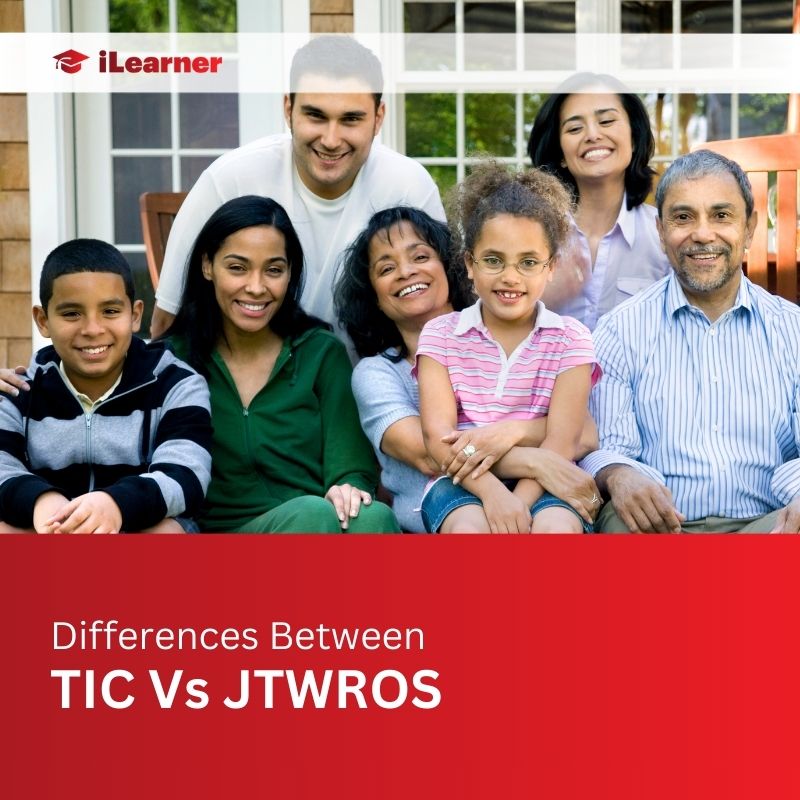In the realm of modern travel, the concept of staying in a vacation rental has become increasingly popular, offering a unique and personalized experience for travelers. Among the myriad of platforms available, Vrbo and Airbnb stand out as two giants in the vacation rental industry. Choosing between them can be a daunting task for both hosts seeking to list their properties and travelers searching for the perfect accommodation.
This comprehensive guide aims to delve deep into the nuances of Vrbo and Airbnb, exploring their histories, target audiences, accommodation types, search functionalities, listing criteria, booking processes, cancellation policies, pricing structures, safety measures, reviews and ratings, potential income, and ultimately, guiding you on how to make an informed decision based on your unique needs.
Vrbo Vs. Airbnb: Background and Founding
Vrbo
Founded in 1995 under the name Vacation Rental By Owner, Vrbo pioneered the idea of directly connecting property owners with potential renters. Over the years, it has evolved and is now a part of the Expedia Group. With 2 million listings in 190 countries, Vrbo has established itself as a key player in the vacation rental market.
Airbnb
Born in 2008, Airbnb has revolutionized the way people travel by allowing individuals to rent out their homes to travelers. Its recent IPO in December 2020 marked a significant milestone, highlighting its impact on the travel industry. Airbnb boasts over 7 million listings in 220 countries and regions, making it a global force in the vacation rental sector.
Differentiated Services and Approach
While both Vrbo and Airbnb share the common goal of connecting hosts with travelers, their approaches and services differ. Vrbo, with its roots as a platform for homeowners, tends to cater more to families and rural settings. Airbnb, on the other hand, has diversified its offerings, appealing to budget-conscious millennials and even venturing into the luxury market with Airbnb Luxe.
Target Audience
Vrbo
Vrbo has carved a niche in the market by targeting families seeking spacious vacation homes. Its primary audience includes property managers, and the platform has gained popularity for longer average rental lengths, making it an ideal choice for those looking for extended stays in one location.
Airbnb
Airbnb has positioned itself as a platform catering to the diverse needs of travelers. While its primary users are millennials in the United States, Airbnb has a broad customer base. Its appeal extends to those seeking budget-friendly options as well as those looking for luxurious and unique stays. With its vast number of listings, Airbnb is known for attracting last-minute bookings, providing flexibility for spontaneous travelers.
Accommodation Types
Vrbo
Vrbo specializes in offering entire private homes with no shared spaces. This focus aligns with its target audience of families and those looking for a more secluded and private vacation experience. The platform’s commitment to standalone properties distinguishes it from others in the market.
Airbnb
One of Airbnb’s strengths lies in its diverse range of accommodation types. From entire homes to private rooms and shared spaces, Airbnb provides options for various traveler preferences. This flexibility makes Airbnb suitable for solo travelers, couples, or even those looking to share a space with others, such as in a hostel-style setting.
Search Functionality
Vrbo
Vrbo’s search functionality is designed to be intuitive and user-friendly. The platform emphasizes standalone vacation homes, and its search tools allow users to easily filter and find properties that meet their specific criteria. The focus on user reviews, particularly highlighting cleanliness and ratings, adds a layer of transparency to the search process.
Airbnb
Airbnb is known for its visually appealing and aesthetically pleasing search interface. While the platform provides comprehensive search tools, some users find the filters less intuitive compared to Vrbo. However, Airbnb’s strength lies in its visually driven approach, allowing users to explore potential stays with engaging visuals.
Listing Selection Criteria
Vrbo
Vrbo maintains a robust selection process, ensuring the quality of listed properties. Hosts on Vrbo can choose from multiple preset flexibility policies or create customized cancellation policies based on their preferences. This flexibility caters to a range of host needs, accommodating different property types and rental durations.
Airbnb
With approximately 6.6 million active listings, Airbnb offers a broad range of choices for travelers. The platform’s inclusivity allows hosts to list various property types, accommodating different budgets and preferences. Airbnb’s diverse offerings contribute to its popularity among travelers seeking unique and personalized experiences.
Booking Process
Vrbo
The booking process on Vrbo involves a pay-per-booking option or an annual subscription for hosts. This approach provides hosts with flexibility, allowing them to choose a payment model that aligns with their preferences. The booking process on Vrbo is generally clear and straightforward, with limited instant booking options.
Airbnb
Airbnb’s booking process is designed to offer flexibility and convenience. The platform allows hosts to enable instant booking options for their properties, streamlining the reservation process. This flexibility is appreciated by travelers who prefer a more immediate and hassle-free booking experience.
Cancellation Policies
Vrbo
Vrbo offers a range of preset flexibility policies, providing hosts with options to suit their preferences. These policies include variations like 14/7-Day, 30/14-Day, 60/30-Day, 60-Day, and a strict No Refund policy. Additionally, hosts can create customized cancellation policies tailored to their specific needs.
Airbnb
Airbnb’s cancellation policies are designed to provide options for hosts and travelers. From flexible to strict policies, hosts can choose the level of cancellation flexibility that aligns with their preferences. Airbnb also offers long-term and super strict policies for unique situations, catering to a diverse range of hosting scenarios.
Pricing and Fees
Vrbo
When it comes to pricing, Vrbo charges guests a guest fee, typically ranging from 10-11% of the booking price. Hosts on Vrbo can choose between a yearly subscription fee of $499 or a pay-per-booking option. The pay-per-booking fee is approximately 8% of the property’s nightly rate, inclusive of a 5% commission to Vrbo and a 3% credit card fee.
Airbnb
Airbnb’s pricing structure includes a guest fee, which can range from 10-14.2% of the listing price. Hosts are charged a host fee, typically ranging from 3-5% of the listing price. Unlike some other platforms, Airbnb does not charge a separate credit card fee; instead, it adjusts the guest fee to cover this cost.
Safety Measures
Vrbo
Vrbo prioritizes safety measures for hosts by offering up to $1 million in liability protection. This protection extends to claims related to travel injuries and property damages. For example, if a guest damages a neighbor’s property, Vrbo’s liability protection can provide coverage for the host.
Airbnb
Airbnb provides safety measures through its Host Guarantee, offering up to $1 million in coverage for property damages caused by guests. It’s important to note that this guarantee does not cover liability for guest injuries or damages to third parties, such as neighboring properties. Hosts may need additional insurance for comprehensive protection.
Reviews and Ratings
Vrbo
Vrbo’s review system allows guests and hosts a generous one-year window to submit their reviews. Once one party submits a review, the other has 14 days to reciprocate. Vrbo keeps reviews private until both parties have submitted them or until the 14-day period expires. Unlike some other platforms, Vrbo does not display traveler ratings publicly.
Airbnb
Airbnb encourages detailed reviews from guests, allowing both hosts and travelers 14 days after check-out to submit their reviews. The platform goes beyond written reviews, incorporating star ratings for various factors, including overall experience, cleanliness, accuracy, check-in, communication, location, value, and amenities.
Potential Income
Vrbo
According to Vrbo’s 2017 study, which has held true through 2021, the average income for hosts is $33,000 per year. This higher average income can be attributed to Vrbo’s exclusive focus on entire home rentals, attracting guests seeking extended stays.
Airbnb
Airbnb Statistics report an average income of $9,600 per year for hosts in 2021. This figure reflects the diversity of property types on Airbnb, including shared room rentals. While the average income is lower than Vrbo, Airbnb accommodates a wider range of hosting scenarios.
Multi-Channel Distribution
Adopting a multi-channel distribution strategy, including both Vrbo and Airbnb, proves to be an efficient approach. This strategy increases property exposure, targets diverse audience niches, and diversifies the source of bookings. Despite the initial challenges of managing listings on multiple platforms, tools like Host Tools simplify the process, offering a unified calendar, inbox, and automated management features.
Conclusion
In conclusion, the choice between Vrbo and Airbnb involves a careful evaluation of individual needs, preferences, and goals. Whether you are a host looking to list your property or a traveler seeking the perfect accommodation, understanding the nuances of each platform is crucial for a successful and satisfying experience in the world of vacation rentals.
By leveraging the insights provided in this guide, you are equipped to navigate the complexities of Vrbo and Airbnb, making informed decisions that align with your unique requirements.
FAQs: Vrbo Vs. Airbnb
Q1: What is the primary difference between Vrbo and Airbnb for hosts?
A: Vrbo specializes in entire private homes, while Airbnb offers a diverse range, including entire homes, private rooms, and shared spaces.
Q2: How do Vrbo and Airbnb differ in terms of fees for hosts?
A: Vrbo charges hosts an annual subscription fee of $499 or a pay-per-booking fee (approximately 8%). Airbnb charges hosts a percentage-based fee (3-5%) without a separate subscription model.
Q3: What safety measures do Vrbo and Airbnb provide for hosts?
A: Vrbo offers up to $1 million in liability protection. Airbnb provides a Host Guarantee, offering up to $1 million in coverage for property damages caused by guests.
Q4: How long do guests and hosts have to submit reviews on Vrbo and Airbnb?
A: Vrbo allows one year for reviews, with a 14-day period for reciprocation. Airbnb provides a 14-day window after check-out for both parties to submit reviews.
Q5: What is the average income for hosts on Vrbo and Airbnb?
Vrbo hosts earn an average of $33,000 per year, while Airbnb hosts report an average income of $9,600 in 2021. Vrbo’s higher average is due to its exclusive focus on entire home rentals.
Also Read:




